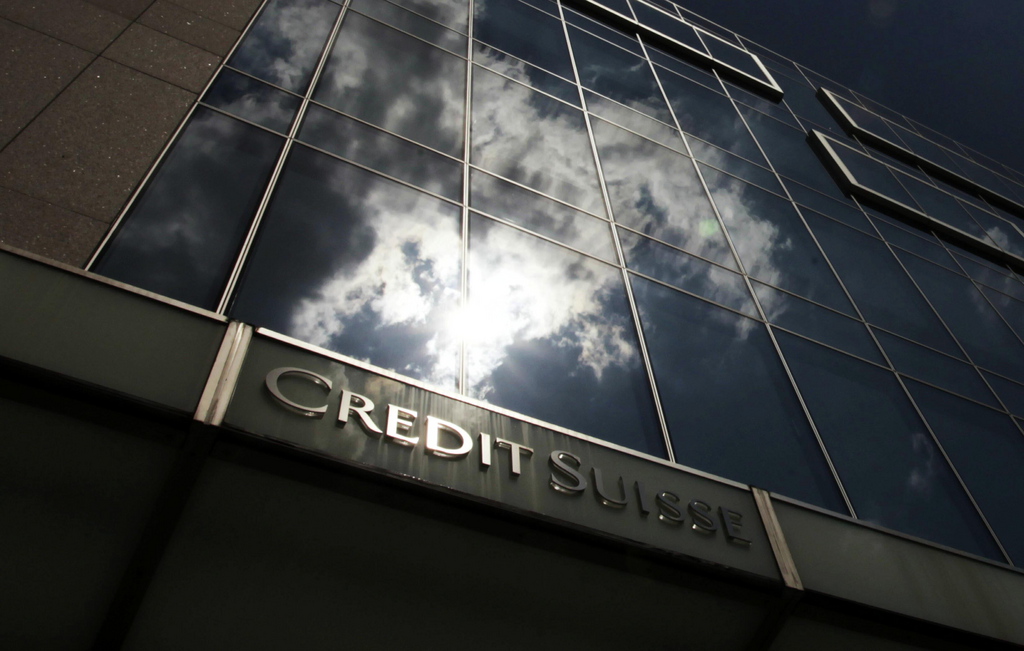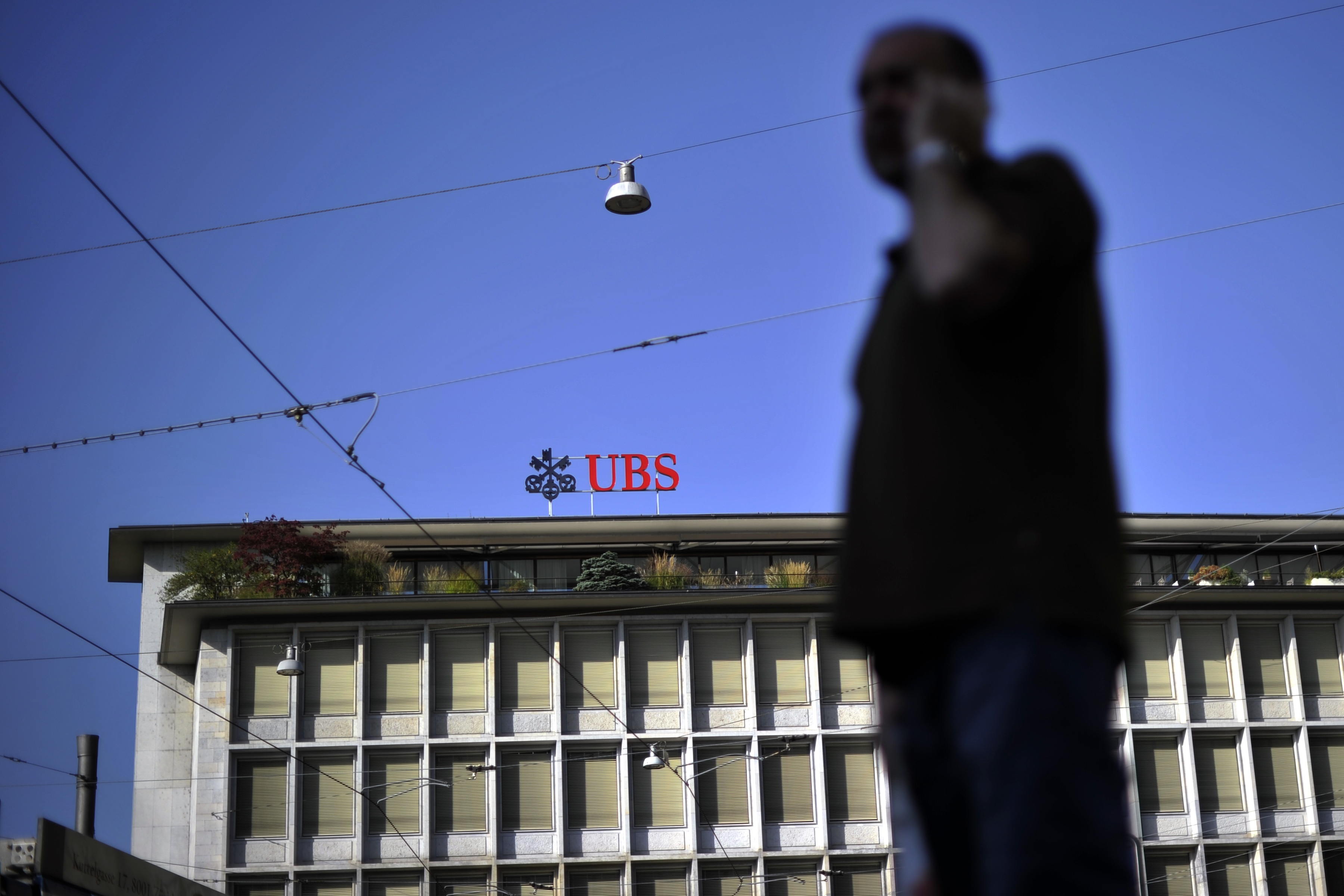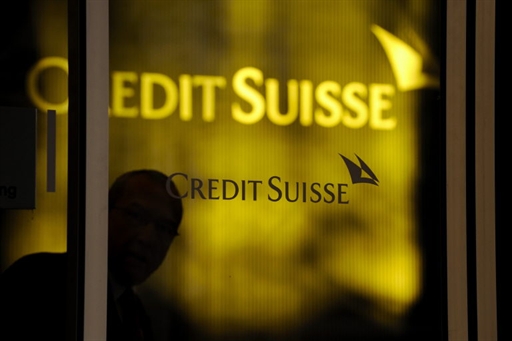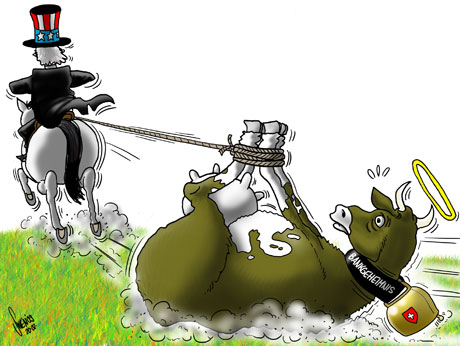European tax probes are headache for Swiss banks

More raids on UBS premises in France and a reported crackdown on Credit Suisse clients in Germany have tightened the screw on Swiss banks that are desperately trying to shake off tax evasion allegations.
At the same time, German newspaper the Handelsblatt has reported that up to 7,000 Credit Suisse clients are being targeted by a separate tax evasion investigation in Germany.
French prosecutors searched UBS offices in Bordeaux on Tuesday, reportedly looking for evidence that the bank had helped wealthy clients to illegally funnel money into Switzerland under the radar of the tax authorities.
In April a Paris court opened a judicial investigation into the activities of UBS in France. Two months later, investigators raided UBS premises and the homes of some senior staff in Strasbourg and Lyon.
It is alleged that the bank kept two sets of books to hide the undeclared assets of French clients from the taxman.
“We will fully collaborate with the authorities,” UBS spokesman Yves Kaufmann told swissinfo.ch, but he declined to comment further on the on-going proceedings.
Immunity deals
UBS has been embroiled in a global tax evasion fiasco ever since it was prosecuted in the United States in 2009. The bank admitted helping US clients to avoid tax, a revelation that led to the erosion of banking secrecy through a deal struck between the US and Swiss governments.
Swiss banks have also been accused in Europe of harbouring tax evaders, an allegation backed up in recent years by a number of CDs containing stolen banking data that have been sold to state and local governments.
Switzerland has countered the threats of legal action by renegotiating a host of double taxation treaties and signing so-called Rubik deals with Britain, Germany and Austria.
These treaties, yet to be put into force, promise to clear up the dispute in these countries by forcing Swiss banks to pay up backdated tax revenues and charge a withholding tax on future clients who wish to remain anonymous.
Raids on German-based premises of Credit Suisse in 2010 have not resulted in any prosecutions, but tax-dodging clients are still under the spotlight of the authorities.
Clients targeted
The latest probe of thousands of clients is thought to revolve around the sale of insurance products sold to clients by the Bermuda-based Credit Suisse Life subsidiary.
Credit Suisse said that the investigations do not target the bank itself and said it has stopped selling the products in 2009.
The bank also reached a financial settlement with the North Rhine-Westphalia state authorities last September, paying €150 million in a deal to avoid prosecution on outstanding tax evasion issues.
But Norbert Walter-Borjans, finance minister of the German state of North Rhine-Westphalia that has bought stolen CDs, said the tax evasion probe was still very much alive, despite the recently signed treaty between Germany and Switzerland.
“Swiss banks once again want to offer their unsettled customers a safe haven with the outstanding tax treaty,” he told Reuters news agency. “But will do everything we can to ensure that the owners of black money assets do not sleep easy at night.”
France has steadfastly refused to negotiate a Rubik treaty with Switzerland, and instead seems intent on pursuing the matter through criminal investigations.
The issue of wealthy French citizens paying their fair dues to the state coffers has moved higher up the political agenda since the election of a socialist government in France in April led by President François Hollande.
Switzerland has openly adopted a new “white money” strategy of refusing the assets of tax evaders in recent months, but the government-backed model has not made the problem disappear completely.
Switzerland came under sustained attack in 2009 for helping foreign tax evaders hide their assets.
The most damaging tax evasion case involved the activities of UBS bank in the US. In February, UBS was fined $780 million after admitting helping US citizens to dodge taxes.
Later that year, the Swiss government was forced to hand over the details of 4,450 UBS clients to the US – in effect violating Swiss banking secrecy to prevent a ruinous court case for UBS.
But other Swiss banks took advantage of UBS’s woes by poaching clients from the giant wealth manager.
The US authorities mounted an investigation into 11 Swiss banks which resulted in one of them – Wegelin – selling off most of its wealth management business in January of this year, effectively bringing down the curtain on Switzerland’s oldest private bank.
In Europe, Swiss banking secrecy came under attack via the sale of CDs of stolen Swiss banking data to various countries, most notably France and Germany.
Rubik deals with Britain, Germany and Austria – if put into force – promise to throw off the threat of criminal prosecution against banks in these countries.
But clients could still face prosecution if they do not come clean to the authorities, and banks could still be prosecuted in other countries.

In compliance with the JTI standards
More: SWI swissinfo.ch certified by the Journalism Trust Initiative





You can find an overview of ongoing debates with our journalists here. Please join us!
If you want to start a conversation about a topic raised in this article or want to report factual errors, email us at english@swissinfo.ch.